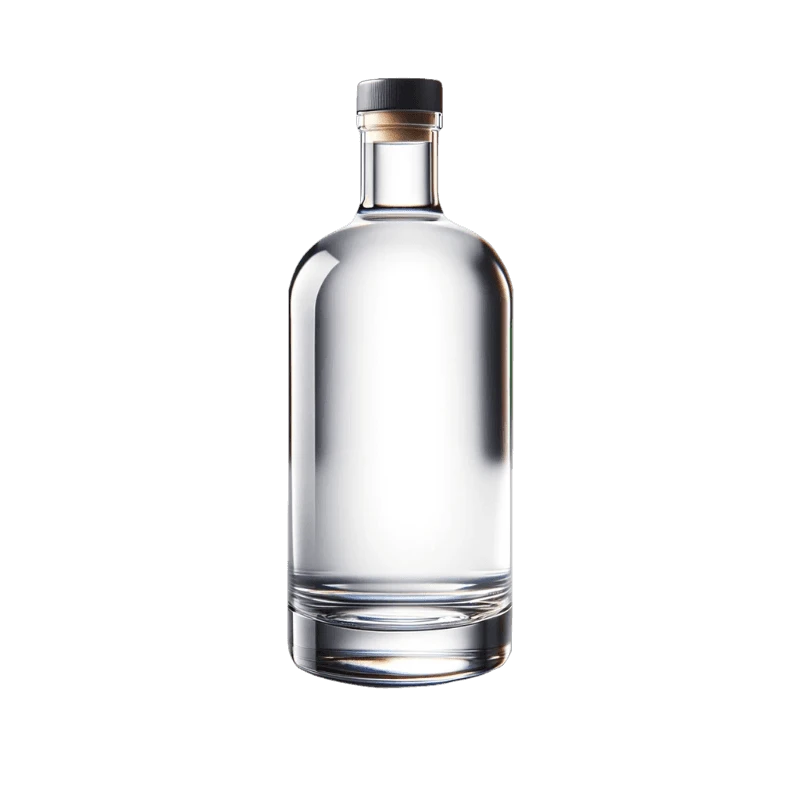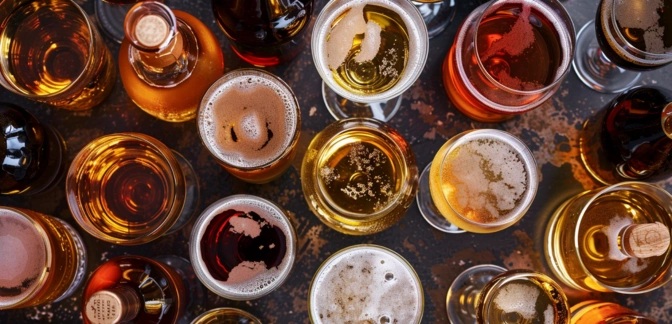Gin — Nutrients, Health Benefits, And Shopping Tips

Written by Listonic Team
Last update on September 4, 2024
Nutrition facts
Nutrition facts
Amount per 100 g
Calories
🔥 263 kcal
| Nutrition per: 100 g | Value | % Daily Value* |
|---|---|---|
| Carbs | 0 g | - |
| Fiber | 0 g | - |
| Sugars | 0 g | - |
| Glycemic Index | 0 | - |
| Protein | 0 g | - |
| Sodium | 1 mg | 0.04% |
| Total Fat | 0 g | - |
*The % of Daily Value (DV) tells you how much a nutrient in a serving of food contributes to a daily diet. 2,000 calories a day is used for general nutrition advice.
Did you know?
Health risks
- High alcohol content which can lead to addiction, liver damage, and other health problems if consumed in excess.
- Potential for dehydration as alcohol is a diuretic, which can lead to increased urination and potential dehydration if not balanced with adequate water intake.
- Risk of interactions with medications as alcohol can interfere with the effectiveness of certain medications or increase the risk of side effects.
- Negative impact on mental health as excessive alcohol consumption is associated with depression, anxiety, and other mental health disorders.
How to choose gin
When selecting gin, opt for one that smells clean and juniper-forward, with possible hints of citrus or spice depending on the botanicals used. Sample a small sip to assess its smoothness and flavor balance.
Avoid gins that are harsh on the palate or have an imbalanced flavor profile, as they can be less enjoyable in drinks. Quality gin should be versatile for mixing in cocktails, offering a clear, refined taste that complements its mixers.

How to store gin
Gin should be stored in a cool, dark place away from direct sunlight. A liquor cabinet is ideal to preserve its flavor and quality. Properly stored, gin can last indefinitely.
Temperature fluctuations and light exposure can degrade the quality of gin. Avoid storing it near heat sources. Keep the bottle tightly sealed to maintain its aroma and prevent evaporation.
✅ Please keep in mind: There is no safe amount of alcohol
Even moderate alcohol consumption poses significant health risks. The most recent data from the World Health Organization warns that no level of alcohol consumption is safe for our health. Click to learn more.
How long does it last?
Gin can last indefinitely if unopened and stored in a cool, dark place. Once opened, it is best consumed within 1-2 years for optimal flavor. Always keep it tightly sealed to prevent evaporation and flavor loss.
What to do with leftovers?
Leftover gin can be used in a variety of culinary and non-culinary ways. In the kitchen, gin’s botanical flavors can be used to enhance dishes like marinades, sauces, and desserts. Gin can be used to infuse flavor into ice creams, sorbets, or cakes, or as a base for savory sauces to accompany seafood or poultry.
Beyond cooking, gin has several creative uses. It can be used as a natural astringent or toner for the skin, helping to tighten pores and refresh the complexion when diluted with water. Gin can also be used to make homemade room sprays by mixing it with water and essential oils, providing a refreshing scent for your home. Additionally, gin can be used to create botanical-infused gifts, such as homemade flavored gins, or in DIY crafting projects like scented candles or bath products, where its aromatic qualities can shine. Gin is also traditionally used to clean and preserve certain fruits in jams and preserves due to its alcohol content.
👨⚕️️ Medical disclaimer
Discover products from other categories
Listonic Team
Fact-checked
Our editorial team checked this article to make sure it was accurate at the time of publishing it.
Get the top-rated shopping list app

gin
1 piece







